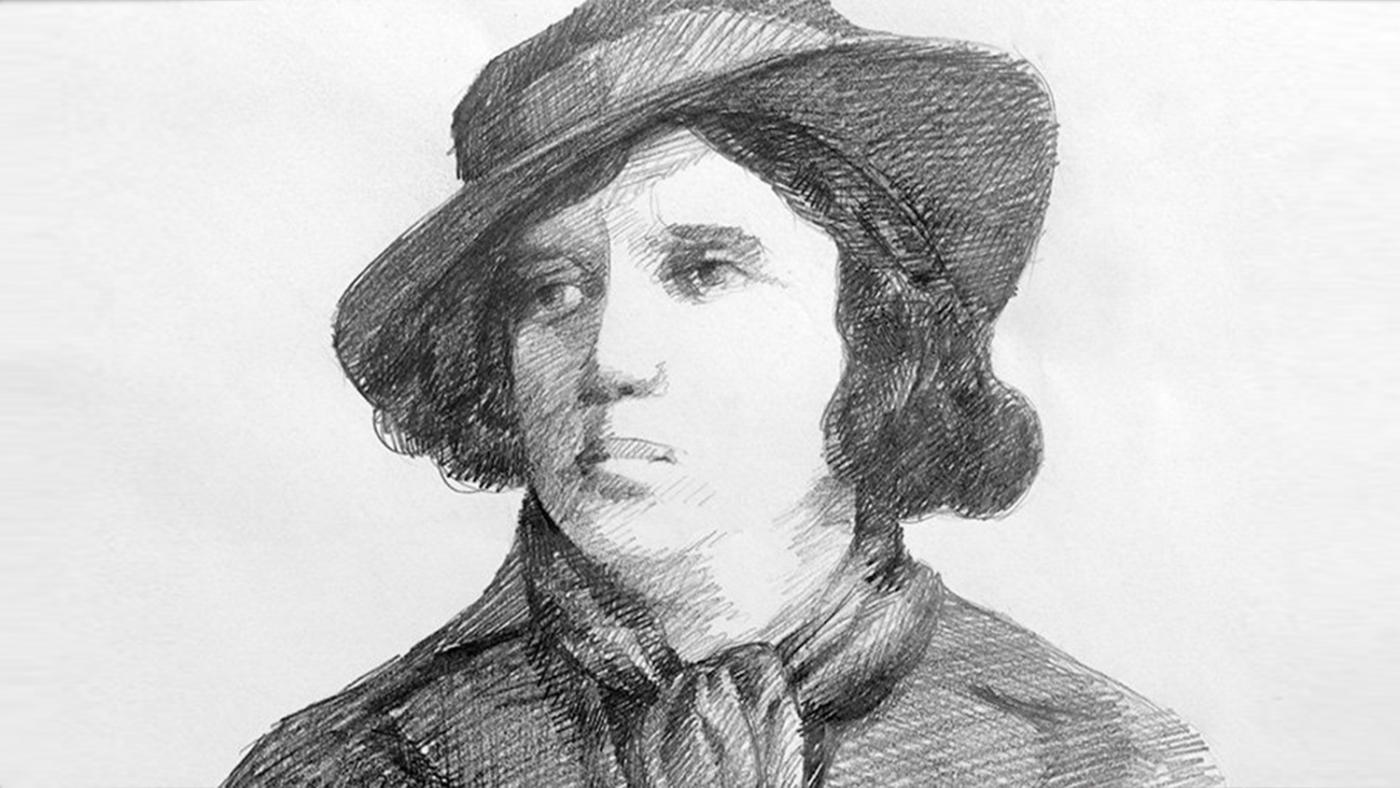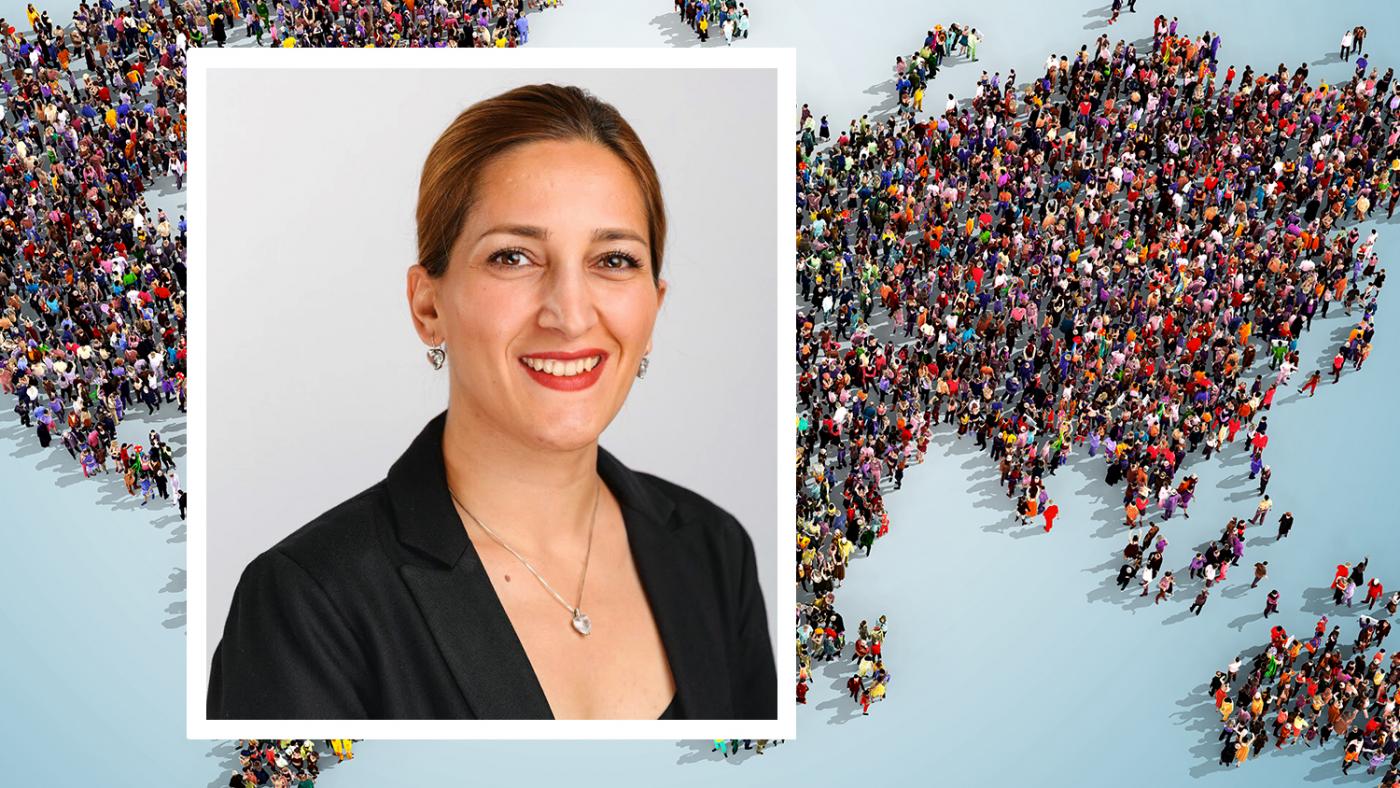'Hope and determination'
The long battle of Iranian women

Women in Iran have now been fighting for justice, equality, and bodily integrity for about two hundred years. In January 2020, I started to write my PhD dissertation about the life and work of a prominent female poet, Parvin E’tesami (1907–1941). E’tesami’s poetry has a special place, not only in Persian literature and culture but in the daily lives of Iran’s people. Yet this eminent female poet’s identity and contribution have been largely misrepresented.
My main goal in writing about E’tesami was to revise the distorted image of this poet and show her as a woman who, despite all the restrictions placed upon her, gained a nationwide voice and challenged patriarchal traditions. My aim was to draw attention to her eloquent but misunderstood message. I thought this was my first step in a long journey to introduce the women of my culture and describe their centuries of struggle for equality in the world. E’tesami is one of the numerous women who have pioneered in resisting the violence and injustice inflicted on women, and on all ordinary Iranians.
Never could I imagine while preparing for my defence session, that soon lion-hearted Iranian girls and women would be spending weeks on the streets, facing bloody violence for making the same demands. I would like to share a few lines of E’tesami’s Nahāl-i ārizū (‘Sapling of Hope’), which she recited in 1924 on the occasion of her graduation from the American high school in Tehran. It is one of E’tesami’s poems about the importance of women’s rights and education:
پستی نسوان ایران، جمله از بی دانشی است
مرد یا زن، برتری و رتبت از دانستن است
زین چراغ معرفت کامروز اندر دست ماست
شاهراه سعی و اقلیم سعادت، روشن است
به که هر دختر بداند قدر علم آموختن
تا نگوید کس، پسر هشیار و دختر کودن است
The inferiority of Persian women is all due to the lack of knowledge.
Man or woman, superiority and rank come from knowledge.
From this torch of knowledge that is in our hands today,
the highway of endeavour and clime of happiness is enlightened.
It is better that each girl knows the value of gaining knowledge,
so that no one could say boys are intelligent whereas girls, stupid.
On September 16, the 22-year-old Mahsa (Zhina) Amini died in the custody of Iran’s morality police. She was arrested and beaten to death for allegedly wearing her headscarf incorrectly—according to the dress code that the ‘Islamic’ Republic requires. Her death instigated huge protests, which were brutally attacked by the security forces, with many people being tortured and killed. The agony I feel witnessing all this is excruciating. I find it extremely hard to express my flood of crushing emotions. However, I go back to the poems that E’tesami, a foremother of these young Iranian girls, wrote almost a century ago. Her words give me hope and determination to write about what is happening in Iran and support a movement that she and her female counterparts started.
I share these words hoping to depict a clear image of the uprisings in Iran. The pioneers of this movement demanded that women must be emancipated from being treated as ‘desirable’ or ‘protected’ objects, rather than as autonomous human beings. Above all, I want readers to know that, contrary to what we hear in the mainstream media, Iranian women’s problem is not the veil per se; it is their bodily, intellectual, and spiritual integrity.

Zhinia Noorian is a Postdoc candidate receiving the ERC Advanced Grant “Beyond Sharia: The Role of Sufism in Shaping Islam”. She is working on the project “Feminising Masculinity: Negotiating Gender Norms” after finishing her PhD dissertation on the poetry and reception of Parvīn E'tesami (1907-1941).